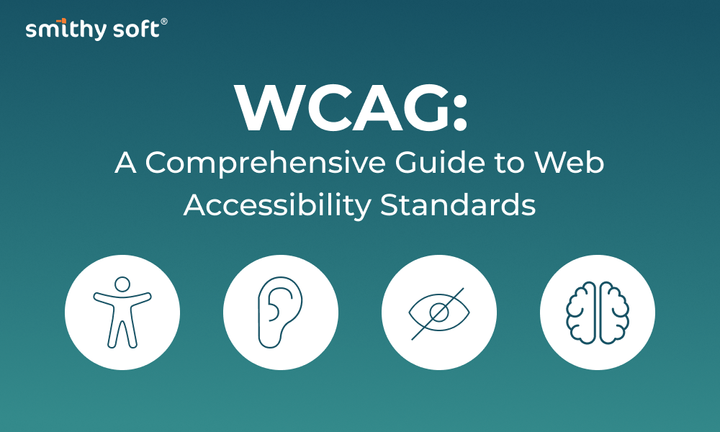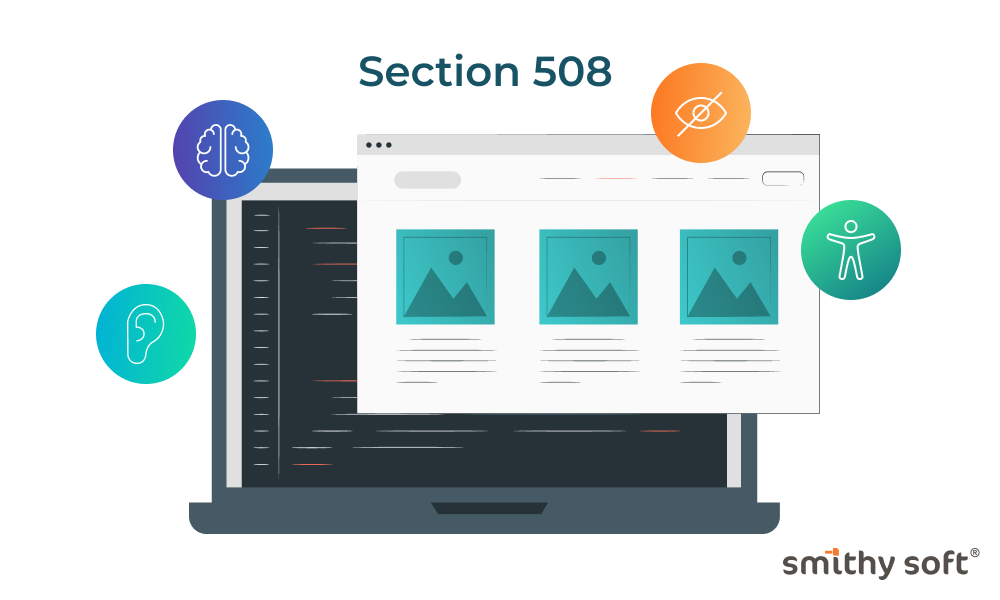Why do startups need a Virtual Data Room?

A virtual data room (VDR) is also called a corporate repository and is an online repository for definitive business documents. When will you encounter the concept of VDR? At the stage when it's time for your startup to raise funds. You've prepared and presented your Pitch Deck and started approaching investors, and if the meeting with them went well, it often ends with a request to share your "data room." So what exactly is it?
The virtual data room is an online platform, a virtual space for hosting and sharing important business information with investors or company management, which allows you to keep all vital documents in one place in a safe and controlled manner.
Where does this name come from?
In the past, before the entire digital world and digitization emerged, companies kept their most valuable documents in a unique secure room with safes, security measures, and so on. When necessary, for instance, during acquisition, merger, or takeover processes, this physical room filled with filing cabinets, shelves of confidential documents, printed copies, and more, under strict supervision and following appropriate security protocols, was accessed by controllers, investors, and auditors. And all of this took a long time to locate, study, and duplicate.
The creation of virtual data rooms was a game changer. Today, data rooms exist in virtual space, where all the crucial information is available at any moment, and convenient navigation is provided.
So, what are VDRs for?
They are a crucial part of the due diligence process from the investor's side. Investors verify if everything you've presented is genuine, check the legality of your affairs, and ensure your contracts have a legal basis, property rights, trademarks, and more.
VDRs allow startups to manage confidential data and safeguard it while simultaneously providing key stakeholders access to necessary information for review. Data rooms also come with various secure collaboration features that strengthen relations with the investor and expedite deal-making.
Today, startups must keep mobility in mind, meaning having access to corporate information from anywhere. Not to mention that physical storage space is costly and unnecessary. With VDRs, all documentation is available online within a highly secure environment. That not only ensures convenience but also demonstrates that security is a priority for the organization.
A data room covers your business from start to finish, telling the whole story – from technical reviews to competitor analysis. Thus, VDRs are a powerful tool to enhance your chances of a swift and efficient fundraising process.
VDRs are not cloud services
While VDRs might resemble general cloud data storage services, they are distinct from them. VDRs offer more specialized features, such as enhanced security, user logs, precise access control, and collaboration functionalities that set them apart from standard cloud storage.
The primary purpose of VDRs is to provide a secure, controlled, and structured environment for exchanging and storing confidential information, often during financial operations, mergers and acquisitions, IPOs, and more. On the other hand, cloud services (like Dropbox, Google Drive, or Microsoft OneDrive) are typically used for storing and synchronizing various files and data, which may be publicly accessible or restricted in terms of access but not necessarily for sharing confidential information during business operations.
Regarding security: With cloud storage, you entrust your data to a third party. As a result, security certificate updates depend on the cloud technology provider. Additionally, if the cloud is hosted in multiple data processing centers across different locations, each center should have robust cybersecurity measures.
VDRs are physically connected to the organization's local network. That makes it easier to ensure that only devices and credentials approved by the company can access information and stored applications. Responsibility for security lies with the users.
Functional differences: VDRs stand out with a higher level of configuration and customization as their functions need to align with specific business requirements. They offer features such as encryption, access restrictions, different access levels adjustment for various users, advanced document management capabilities including user activity tracking, automated auditing, protection against copying and printing, and various notification and reminder settings. Data rooms provide tools for everything a startup might need, including secure channels for communication with investors.
Time-saving benefits: With the help of VDRs, confidential company information is controlled and tracked, allowing multiple parties to conduct thorough due diligence simultaneously. Involving multiple parties improves time management by initiating contract work, organized leasing, non-disclosure agreements, and employment offers early. Additionally, company transparency is enhanced as VDRs provide access to all document operations. Employees know when someone views a document, the viewing time, and how frequently it was accessed. This access to information provides significant insights into the level of interest from clients or investors.
What should you add to your VDR?
It's clear that every business is unique, and only you can determine what documents you include in your virtual data room. However, there are a few general recommendations for what should be in a VDR:
- The essential information about your startup (your presentation, both short and extended versions, your logo, website, the product you offer, strategy, etc.)
- The registration documents (information about founders, board of directors, company bylaws, all amendments and corrections, certificates, licenses, intellectual property rights, and key agreements)
- Financial section (both forecasted and actual, along with reports, audits, forecasts for the upcoming year, all economic events, and current obligations)
- Team (overview of the team, employment agreements, achievements, information about current board members, a list of vacancies, both existing and potential)
You can also include client testimonials (you can create a section for client testimonials and recommendations in your data room to showcase how much your clients love your company). Some experts recommend adding a folder with market data, public reports, and research (this section aims to demonstrate your deep understanding of the market). Also, add a folder with the technologies you plan to use or are already using.
DO NOT include confidential information, trade secrets, or sensitive data in the VDR (such as passport details, social security numbers, financial information, medical records, documents containing mandatory confidentiality agreements, contract specifications, or confidential documents from third-party partners).
How to choose data room software?
There are numerous software options available out there. And your choice will largely depend on your financial capabilities. Initially, you can start with common options like Google Drive or Dropbox or opt for more specialized software such as CapLinked or Contract Zen. However, it's advisable always to consider the offered security features, read reviews, assess backup capabilities, and evaluate the support team. Don't hesitate to ask questions, as the team should be able to explain how they address issues like access and permissions.
Lastly, here are a few online platforms for virtual data rooms: There are free versions (with limited features or usage terms) available on FirmRoom, Box, Dotloop, Clinked, Koofr, Ftopia, Google Drive, and Dropbox. Additionally, paid versions are on iDeals, Firmex, SecureDocs, OneHub, DocSend, Fordata, Drive Enterprise, Datasite Diligence, Digify, Ansarada, Kiteworks, and others.
Check out a more comprehensive list of Virtual Data Rooms with summaries here.


